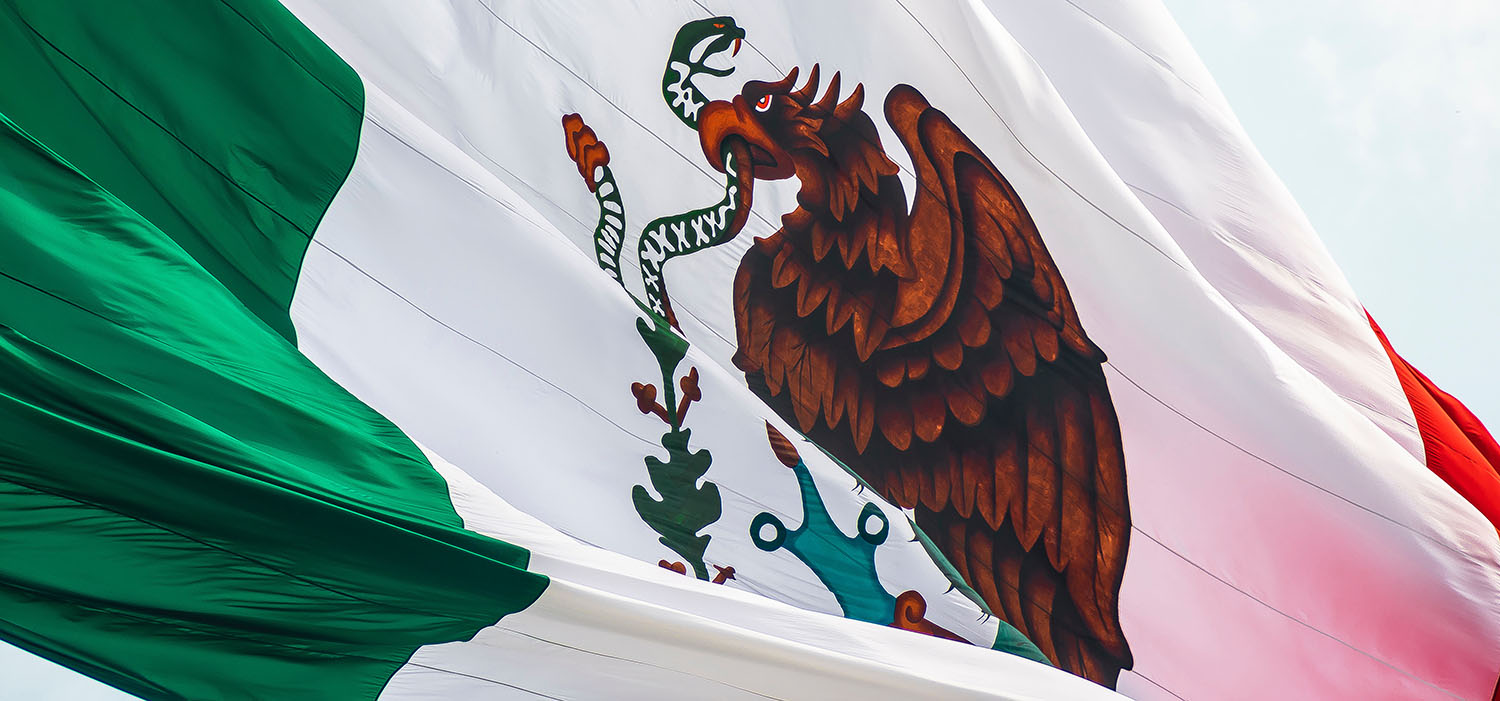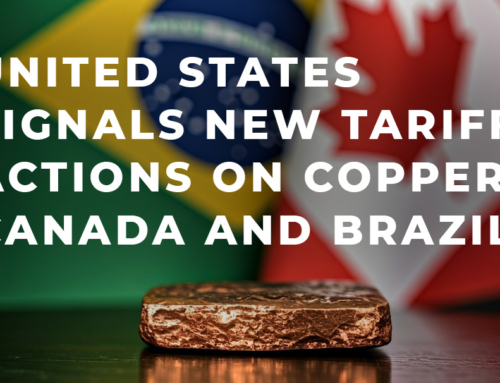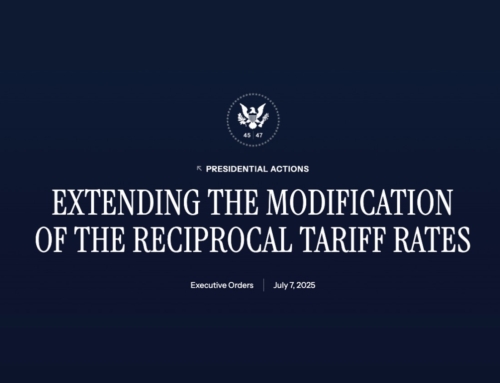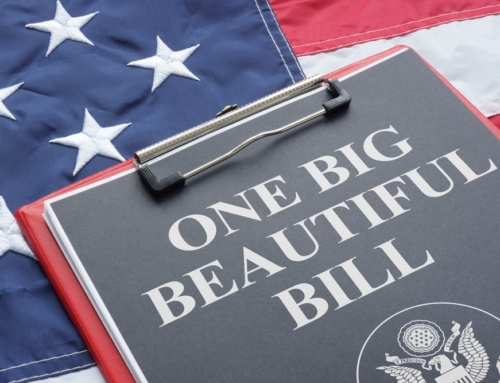Citing frustrations over illegal immigration, the U.S. President announced in a White House statement on Thursday, May 30, that the United States will implement a 5% tariff on all goods imported from Mexico beginning June 10.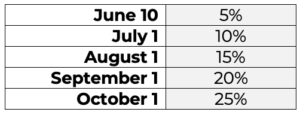
The message also places evaluation of the effectiveness of Mexico’s action to alleviate the “crisis” at “sole discretion and judgement” of the President to stop or reduce tariff penalties.
To address the emergency at the Southern Border, I am invoking the authorities granted to me by the International Emergency Economic Powers Act.
Accordingly, starting on June 10, 2019, the United States will impose a 5 percent Tariff on all goods imported from Mexico. If the illegal migration crisis is alleviated through effective actions taken by Mexico, to be determined in our sole discretion and judgment, the Tariffs will be removed.
If the crisis persists, however, the Tariffs will be raised to 10 percent on July 1, 2019. Similarly, if Mexico still has not taken action to dramatically reduce or eliminate the number of illegal aliens crossing its territory into the United States, Tariffs will be increased to 15 percent on August 1, 2019, to 20 percent on September 1, 2019, and to 25 percent on October 1, 2019.
Tariffs will permanently remain at the 25 percent level unless and until Mexico substantially stops the illegal inflow of aliens coming through its territory. Workers who come to our country through the legal admissions process, including those working on farms, ranches, and in other businesses, will be allowed easy passage.
WHITE HOUSE: Statement from the President Regarding Emergency Measures to Address the Border Crisis
The International Emergency Economic Powers Act of 1977 gives the presidency broad power to impose import penalties during a national emergency. President Donald Trump declared the immigration issue such earlier in the year, but is hardly the first authority to do so. Trade sanctions against Iran, for example, have been implemented previously and there are as many as 29 ongoing national emergencies to this day. Congress has the ability to override an emergency declaration with a joint resolution, but not a presidential veto.
By choosing to evoke presidential tariff authority, business leaders and the trade industry fear these actions will delay if not jeopardize the passage of an already tenuous United States-Mexico-Canada Trade Agreement (USMCA) to replace NAFTA.
Mexico is one of the United States’ strongest trading partner, purchasing over $300 billion in goods last year. If implemented, businesses and consumers can expect pork, beef, automobile, and machinery dependent industries to to affected.
As Green continues to monitor the situation, stay up-to-date on freight news by following us on Facebook, Twitter, and LinkedIn or, subscribe to Green’s Freight Talk blog to received updates directly to your email.

